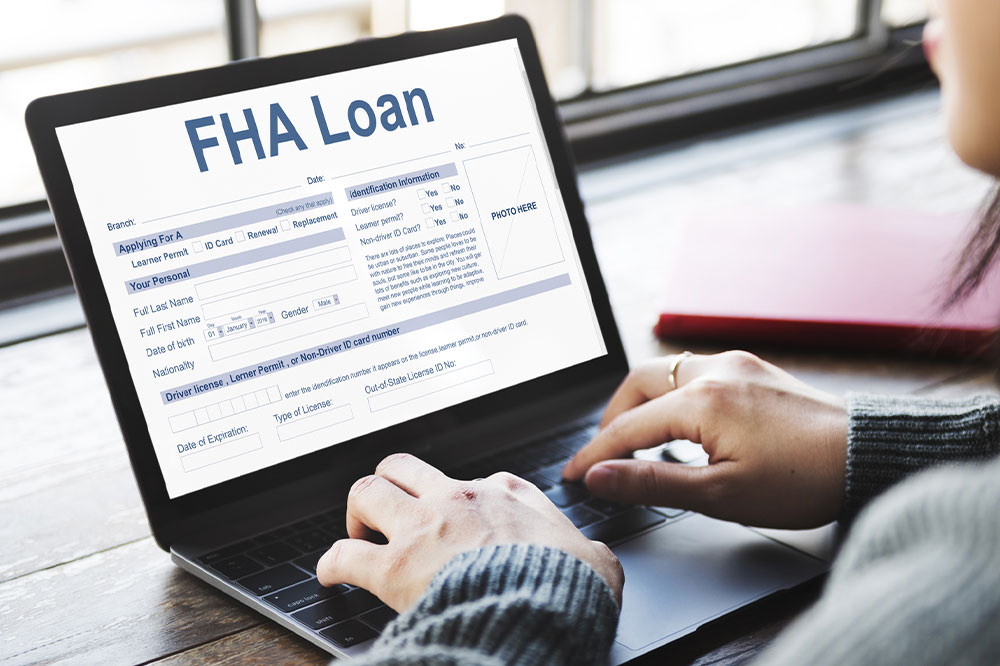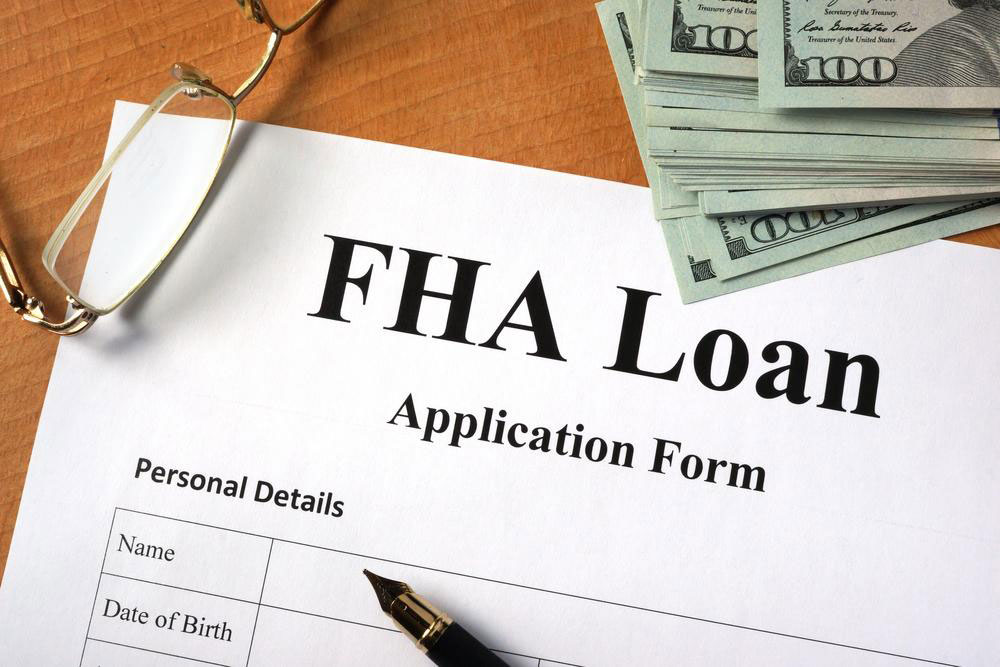Comprehensive Guide to FHA Home Loans: Unlocking Homeownership Opportunities
This comprehensive guide explores FHA home loans, offering valuable insights into eligibility, benefits, and drawbacks. Perfect for first-time buyers and those with limited credit, FHA loans make homeownership more accessible through low down payments and flexible credit requirements. Learn how these government-backed loans can help you achieve your housing goals, including tips on eligibility, costs, and application processes. Discover why FHA loans remain a popular choice for millions seeking affordable and manageable mortgage options, fostering family stability and community growth.

Comprehensive Guide to FHA Home Loans: Unlocking Homeownership Opportunities
FHA home loans, insured by the Federal Housing Administration, are a popular mortgage option designed to make homeownership more accessible for a broader range of borrowers. These loans are particularly favored by first-time buyers, individuals with less-than-perfect credit, or those lacking substantial savings for a hefty down payment. Established during the Great Depression era, FHA loans continue to serve as a vital tool in promoting affordable homeownership, especially for those facing financial hurdles. This comprehensive guide aims to cover everything you need to know about FHA home loans, from eligibility requirements to their advantages and potential drawbacks.
Understanding FHA loans begins with their core principles. These loans are federally backed, meaning they are insured by the government, which reduces the risk for lenders and allows them to offer more flexible lending criteria. The primary goal of FHA loans is to facilitate homeownership for individuals who might otherwise be unable to qualify for conventional mortgages due to financial challenges or limited credit history. Over the decades, FHA loans have evolved, yet their fundamental purpose remains the same—to lower barriers to owning a home.
Eligibility criteria for FHA loans are designed to be inclusive and straightforward. One of the most notable features is the low down payment requirement—just 3.5% of the purchase price for borrowers with a credit score of 580 or higher. For those with credit scores between 500 and 579, a higher down payment may be necessary, often around 10%. The minimum credit score for the most favorable loan terms is 580; however, higher credit scores can lead to lower interest rates and more favorable loan conditions.
Applicants must also meet certain financial and employment criteria to qualify. Typically, lenders look for proof of stable income and employment history, a debt-to-income (DTI) ratio generally below 43%, although exceptions are sometimes granted with proper justification. Additionally, borrowers are required to pay an upfront mortgage insurance premium (UFMIP) of 1.75% of the base loan amount. This premium can be financed into the loan itself, making the initial cost more manageable. Monthly mortgage insurance premiums (MIP) are also mandatory and are based on the loan amount, term, and other factors.
Another critical component of FHA loans is the property appraisal process. The property must meet certain standards to ensure its condition and safety. FHA-approved appraisers evaluate the property, and if repairs are needed, the borrower may need to handle repair costs unless the seller agrees to make those repairs before closing. FHA loans are primarily intended for primary residences, which means the property must be the borrower’s primary home within a specified period after closing.
Although FHA loans offer numerous advantages, they are not without certain drawbacks. The requirement to pay ongoing mortgage insurance premiums remains until the borrower builds enough equity—typically when the loan-to-value ratio drops below 78%. Unlike conventional loans where PMI can be canceled once sufficient equity is accumulated, FHA mortgage insurance often stays for the life of the loan unless a specific refinancing option is used.
Despite their downsides, FHA loans are extremely beneficial for many first-time and re-entering homebuyers due to their low down payment and flexible credit requirements. They open opportunities for individuals who might otherwise be excluded from the housing market, such as those with past bankruptcies or foreclosure records within the last few years. More generally, these loans encourage homeownership among lower-income families, helping community stability and growth.
To get started with an FHA loan, prospective homebuyers should explore various lenders’ offerings. Many lending platforms provide online tools for rate comparison, prequalification, and even application submission. It's advisable to shop around, review current FHA loan rates, and understand the specific terms offered by different lenders to find the most suitable financing options for your financial situation.
In conclusion, FHA home loans are a powerful financial tool designed to make homeownership attainable for millions. They provide a pathway to stable housing, especially for first-time buyers, low to moderate-income individuals, or those with credit challenges. By understanding the process, eligibility, and benefits, aspiring homeowners can better navigate the complex mortgage landscape and realize their dream of owning a home.





